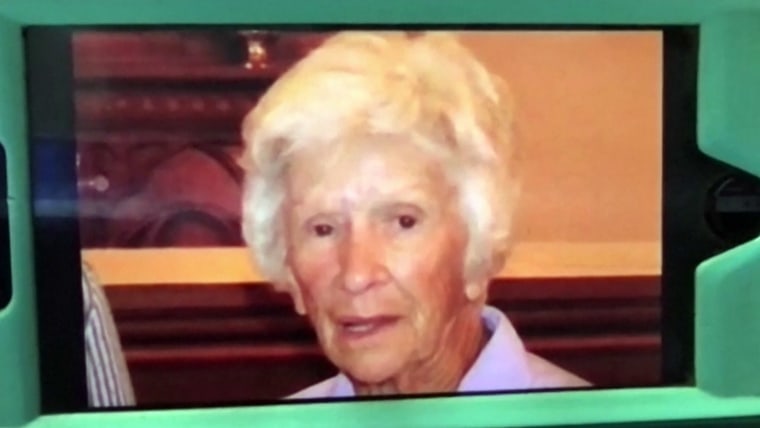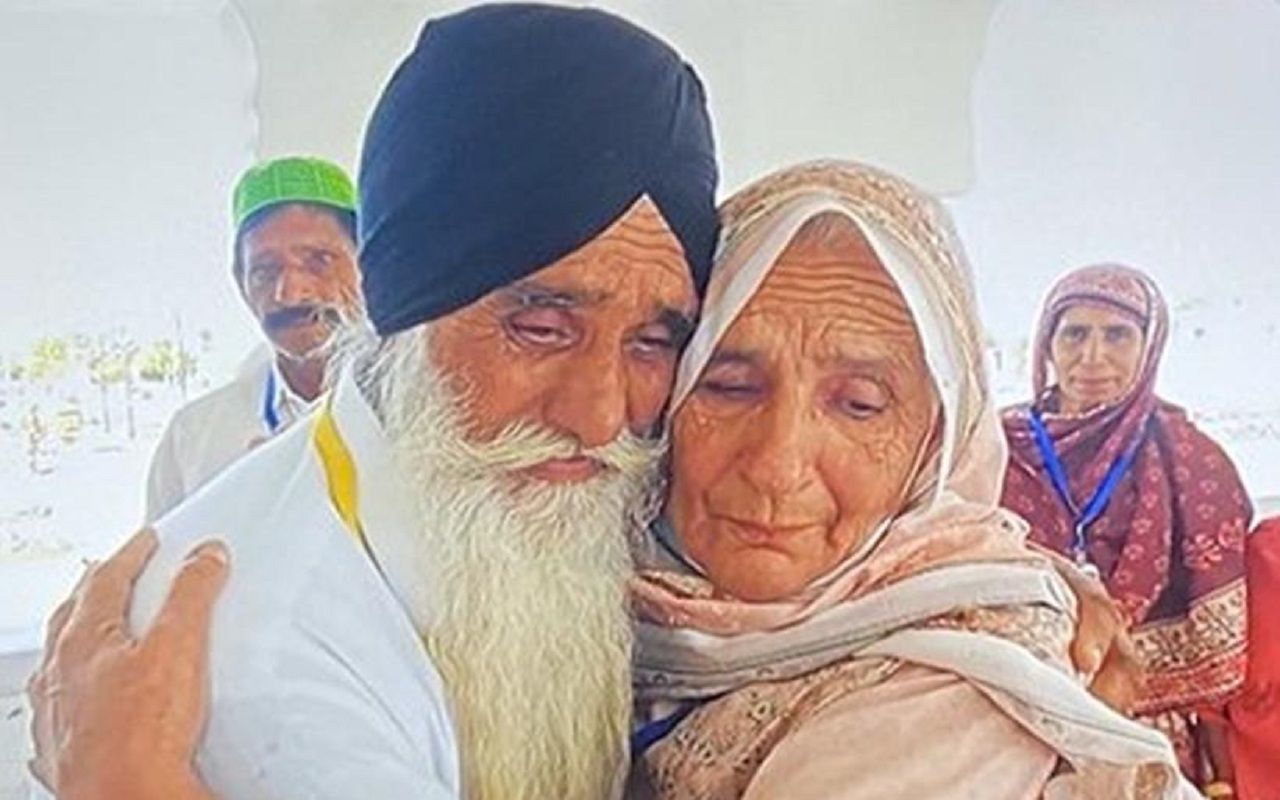A 95-year-old Australian woman died Wednesday, a week after a police officer shot her with a stun gun in a nursing home as she moved toward him using a walker and carrying a steak knife, in a tragedy that has outraged many Australians.
Clare Nowland, who had dementia, had been hospitalized in Cooma in New South Wales state since her skull was fractured when she fell on May 17 after Constable Kristian White shocked her with a stun gun.
Police announced Nowland’s death hours after reporting that White has been ordered to appear in court on July 5 on charges of recklessly causing grievous bodily harm, assault occasioning actual bodily harm, and common assault. The charges are likely to be upgraded following her death.
White and another police officer had gone to Yallambee Lodge, a nursing home in Cooma that specializes in residents with higher care needs including dementia, after staff reported that Nowland had taken a serrated steak knife from the kitchen.
The violence against an elderly and incapacitated woman has sparked a national debate about the police use of stun guns in such circumstances and the competence of aged care staff. Police are allowed to use stun guns when lives are in danger.
A coroner will determine the cause of death. Police say her injuries resulted from falling to the floor, not from the electric charge from the Taser-brand stun gun.
Australian woman, 95, is in critical condition after police fired a taser at her
White has been under police internal investigation since the incident and has been suspended from duty with pay since Tuesday.
White and his police partner on the day have images of the incident from their body cameras, but police have declined to release them.
The government elected a year ago is increasing resources for aged care.























